Polytechnic vs ITI, which one to choose? Polytechnic can be pursued after 12th, while candidates can take ITI after 10th. The choice depends on the duration of the course, its focus, employment opportunities and average salaries.
Table of Contents
Polytechnic vs ITI, which course is better? ITI courses are pursued after class 10th, whereas polytechnic courses are enrolled on after class 12th. The students with ITI degrees are experts in certain skills, and the students with polytechnic courses have general information about the stream they have chosen. ITI is a 6-month certificate-level course, whereas a Polytechnic is a 2-year diploma-level course.
The choice between ITI and Polytechnic may differ based on the individual career goals, course duration, average salaries and other important factors. Students willing to begin their professional career early must learn about the differences between the two courses and build the right career path for themselves.
What is Polytechnic?
Polytechnic is an intermediate-level technical course which basically emphasises technical subjects such as civil engineering, mechanical engineering, computer science, and electronics. It is also considered a stepping stone towards the engineering degree, and after completing polytechnic, students can take lateral entry admissions in engineering colleges.
- A polytechnic course is the greatest choice for students who want to take an engineering course but are unable to do so because of budgetary limitations or other issues.
- The All India Council for Technical Education recognises courses offered in polytechnics. All India Council for Technical Education, Government of India
Read More: Polytechnic Entrance Exams
What is ITI?
ITI is a 10th-grade certificate course launched by the Government of India. The goal of the ITI course is to give candidates access to employment prospects more quickly, and it is also accessible to those who lack formal education.
- There are over 250 different types of ITI courses which have industrial training, and after completion of the course, an individual becomes job-ready with skill.
- After completing their tenth or twelfth grade, candidates can apply for admission to ITIs. It is not necessary to have a formal education or a basic graduate in order to apply for admission to ITI courses.
Difference Between Polytechnic and ITI
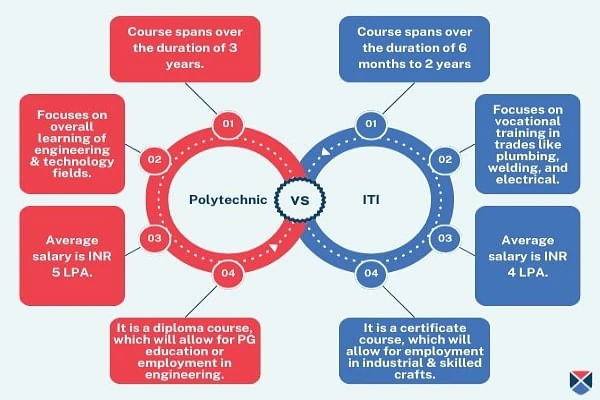
An important overview of polytechnic vs ITI on parameters like duration of the course, the prime focus of the course, employment opportunities, type of course and the average salary is tabulated below:
| Parameters | Polytechnic | ITI |
| Course Duration | 3 years | 6 months to 2 years |
| Prime Focus | Technical Knowledge | Skill Development |
| Course Level | Intermediate Level | High School Level |
| Employment | Technical Jobs | Skill-Based Jobs |
| Type of Course | Diploma Course | Certificate Course |
| Average Salary | INR 5 LPA | INR 4 LPA |
Polytechnic vs ITI differences on the duration of the course, subject offered, the scope of the courses and employment opportunities are explained below:
- Course Duration: ITI courses normally span between six months and two years, whereas polytechnic programs are longer in duration, 3 years.
- Focus: ITI offers practical instruction in trades, including plumbing, welding, and electrical, with an emphasis on skill development and vocational training in those fields. Polytechnics provide all-encompassing instruction in engineering and technology fields, including computer science, mechanical, electrical, and civil engineering, among others.
- Scope: Polytechnic programs offer a wider range of engineering and technology-related topics, whereas ITI courses are more focused on a limited range of trades.
- Employment Opportunities: ITI courses equip students with the practical skills required for certain industries, positioning them for direct employment in skilled trade positions. Polytechnic programs seek to give students a thorough understanding of engineering principles and position them for technical employment in a variety of sectors or further education.
- Accreditation: ITI certificates are generally accepted for employment in industrial and skilled crafts, whereas diplomas from polytechnic universities are accepted for postsecondary education or employment in engineering.
Advantages and Disadvantages of Polytechnic
The advantages and disadvantages of polytechnic courses with respect to their technicality, industrial ties, emphasis on academics and theory, duration of the course, and admission requirements are listed below:
Advantages of Polytechnic
The advantages of polytechnic courses or their technical nature, the opportunity for higher education and emphasis on theory and academics and industrial ties, are explained below:
- Technical Subject: In comparison to other types of vocational education, polytechnics provide a greater selection of technical courses like engineering, technology, and applied science.
- Opportunities for Higher Education: After finishing a polytechnic course, students frequently have the choice to pursue a bachelor's degree in engineering. A bachelor's can increase students' options for career growth and improve their employment prospects.
- Higher Emphasis on Theory and Academics: Polytechnics place a higher emphasis on written assessments and classroom instruction, as well as theory and academics. Students may have a deeper comprehension of the ideas and principles underpinning their chosen area as a result of this.
- Industry Ties: Polytechnics frequently have close ties to business, which can help students get useful practical experience and enhance their employment opportunities.
Disadvantages of Polytechnic
The disadvantages of polytechnic courses related to their duration of the course, stringent admission requirements and study scope are explained below:
- Course Duration: The majority of polytechnic programs span two to three years, making them lengthier than other types of vocational education. For students who wish to start working as soon as possible, this could be a drawback.
- Stringent Admissions Requirements: Polytechnics frequently have more demanding qualifying standards and may need applicants to complete an entrance exam. Students who struggle to achieve these standards may find this to be a drawback.
- Restricted Study Scope: Although polytechnics provide a greater variety of technical courses than other vocational schools, their study scope may nonetheless be more constrained than that of a typical college or university.
Read More: 5 Toughest Branches in Engineering and Why?
Advantages and Disadvantages of ITI
The advantages and disadvantages of the ITI course with respect to the duration of the course, employment opportunities, affordability of the course and admission flexibility are listed below for student's reference.
Advantages of ITI
The advantages of ITI courses are their short-term duration, practical and hands-on approach to skill development, employment opportunities, affordability of the course, flexible admissions and the large selection of course types, which are explained below:
- Short-Term Courses: ITIs provide students with the opportunity to swiftly enter the workforce by offering short-term courses that last anything from a few months to a year.
- Practical and Hands-On Approach: ITIs emphasise skill development and on-the-job training through a practical and hands-on approach to learning. Students who prefer a more hands-on learning approach may find this to be extremely helpful.
- Employment Opportunities: Students who complete an ITI course can start working in their chosen sector right away after entering the workforce. ITIs can give students the information and abilities they need to pursue a variety of career options in a range of trades and industries.
- Affordability: A greater variety of students can enrol in ITI courses since they are typically less expensive than other forms of vocational education.
- Flexible Admissions: In comparison to other vocational education institutions, ITIs typically have more flexible admissions procedures and lower eligibility requirements. Students may find it simpler to sign up for an ITI course as a result.
- Large Selection of Courses: ITIs provide a large selection of courses in a number of trades and professions, enabling students to select a course that suits their interests and professional objectives.
Disadvantages of ITI
The disadvantages of ITI courses are restricted study scores as they do not provide flexibility in changing career prospects, and their restricted mobility is explained below:
- Restricted Study Scope: ITIs usually provide short-term courses in certain trades or jobs, which might not give students the same theoretical and academic background as other types of vocational education.
- Restricted Career Opportunities: Compared to other forms of vocational education, ITIs may not provide students with the same range of employment options. Students who pass an ITI course might not be able to continue their education beyond a specific point or enter particular professions.
- Restricted Mobility: Graduates of ITI programs might not be as mobile as individuals who have finished other types of vocational training. For instance, individuals could only be able to work in specific crafts or jobs within a given area.
Polytechnic vs ITI- Which Course is Better?
In deciding which courses are better among polytechnic and ITI courses, various factors come into play, for example, duration of the course, career opportunities, average fees of the course, and the primary focus of the course. A few other technical tips that need to be considered before choosing the course between polytechnic courses and ITI courses are explained below:
- The candidates' resources and academic goals will determine whether to attend an ITI or a polytechnic.
- Although the goals of both programs are to give students rapid career options and technical skill training, polytechnic courses are valued more highly due to their tight relationship with undergraduate engineering courses.
- Students are divided in their argument about polytechnic vs. ITI. Polytechnic students possess greater technical knowledge, whereas ITI students receive actual training in vocational skills. It is necessary to have the skills of both ITI and polytechnic graduates.
- Every course has a different duration. ITI courses last for a shorter period than polytechnic studies, which typically last three years.
- Polytechnics offer more job chances, so if you have more time, it would be a preferable degree to take.
- However, the cost of polytechnic courses could be slightly more than that of ITI courses. Therefore, you can take an ITI course or a polytechnic course based on your financial condition.
Also Read: Top Career Options After Polytechnic in India
ITI vs Polytechnic, what to choose? It is a common question among students willing to begin their careers early on. While the ITI courses offer exposure to practical learning within a short period of time, pursuing Polytechnic courses opens opportunities in higher education and offers better industrial ties.

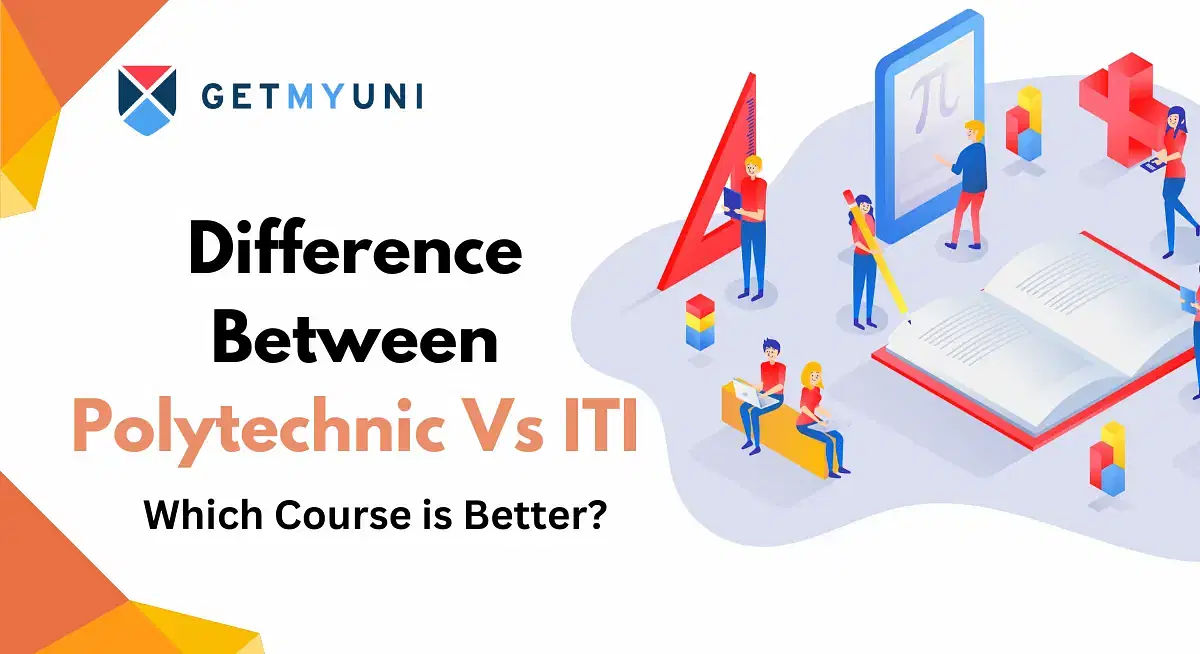

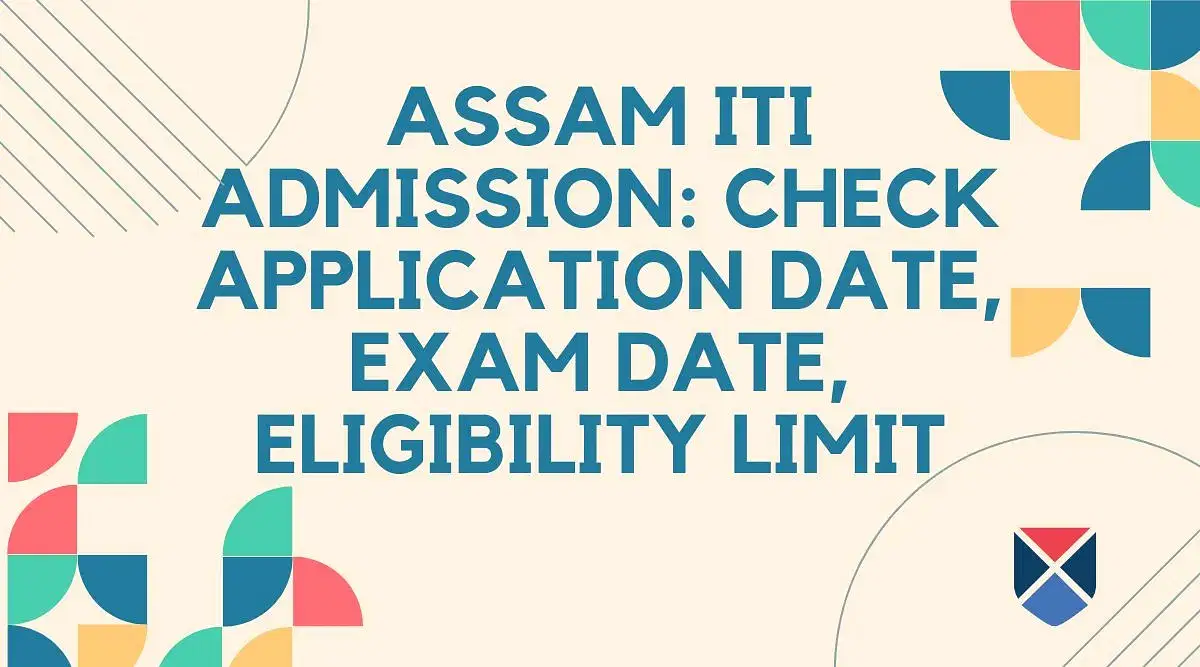

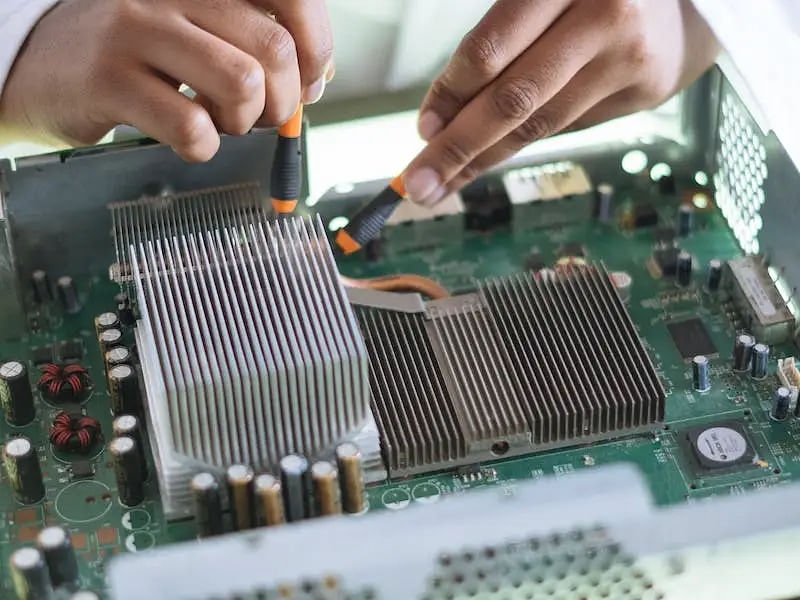




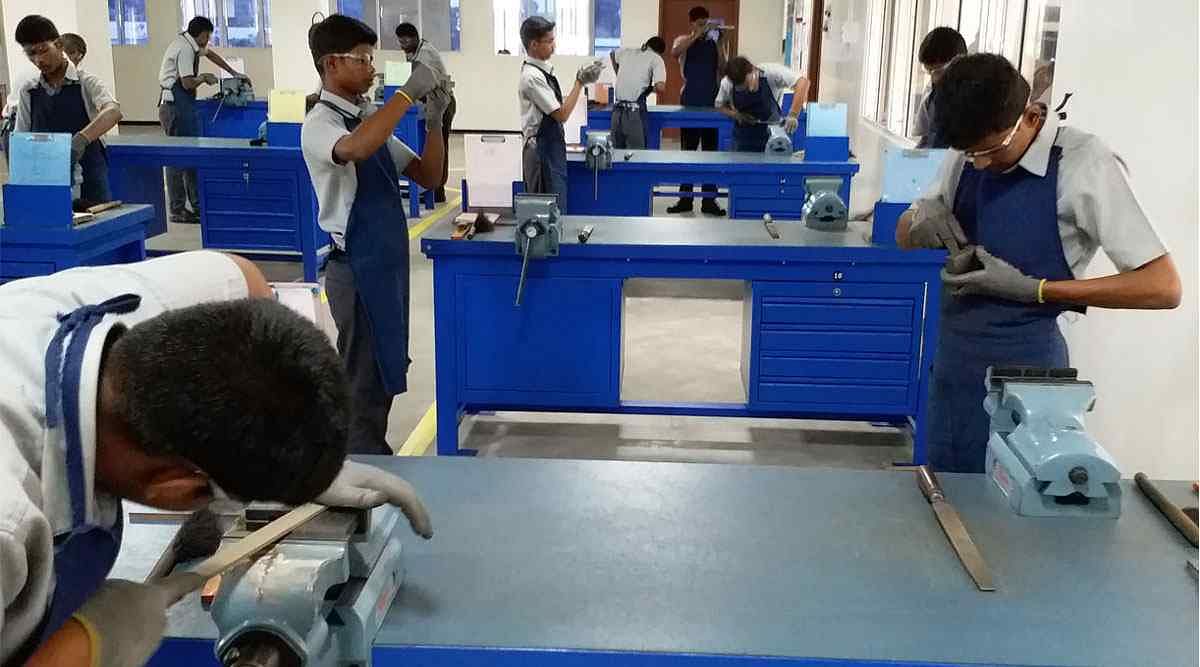











POST YOUR COMMENT